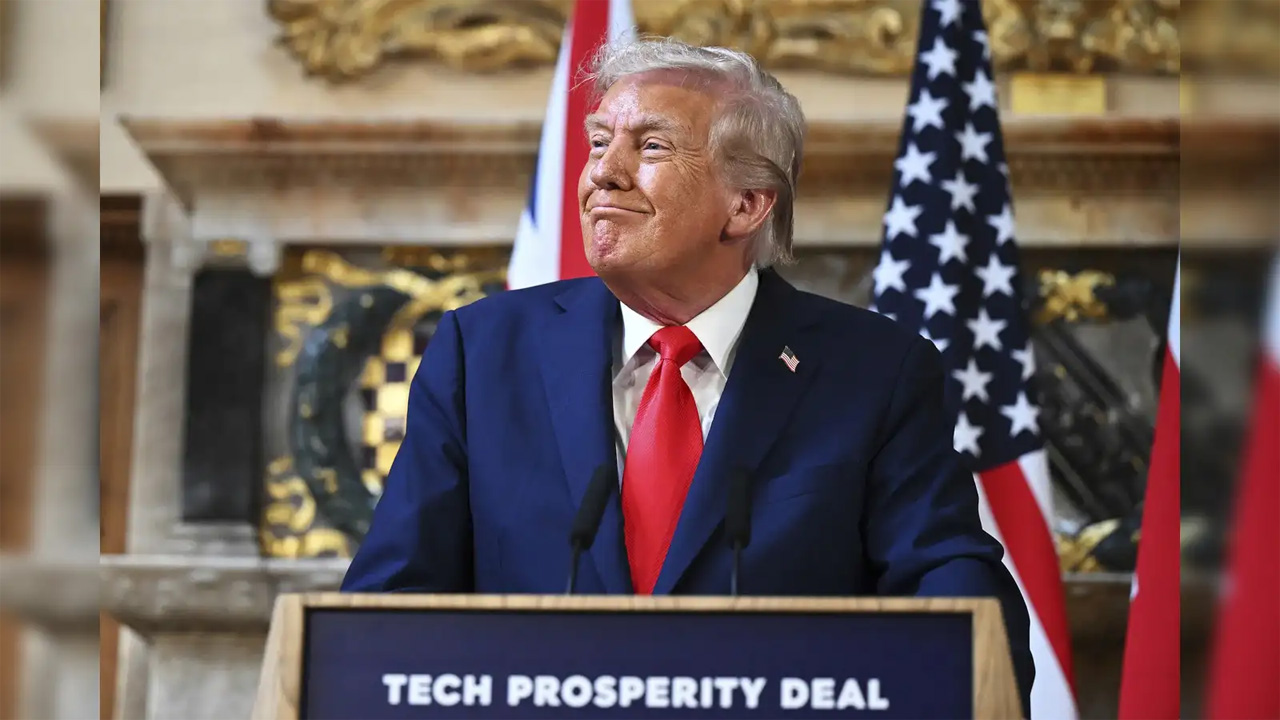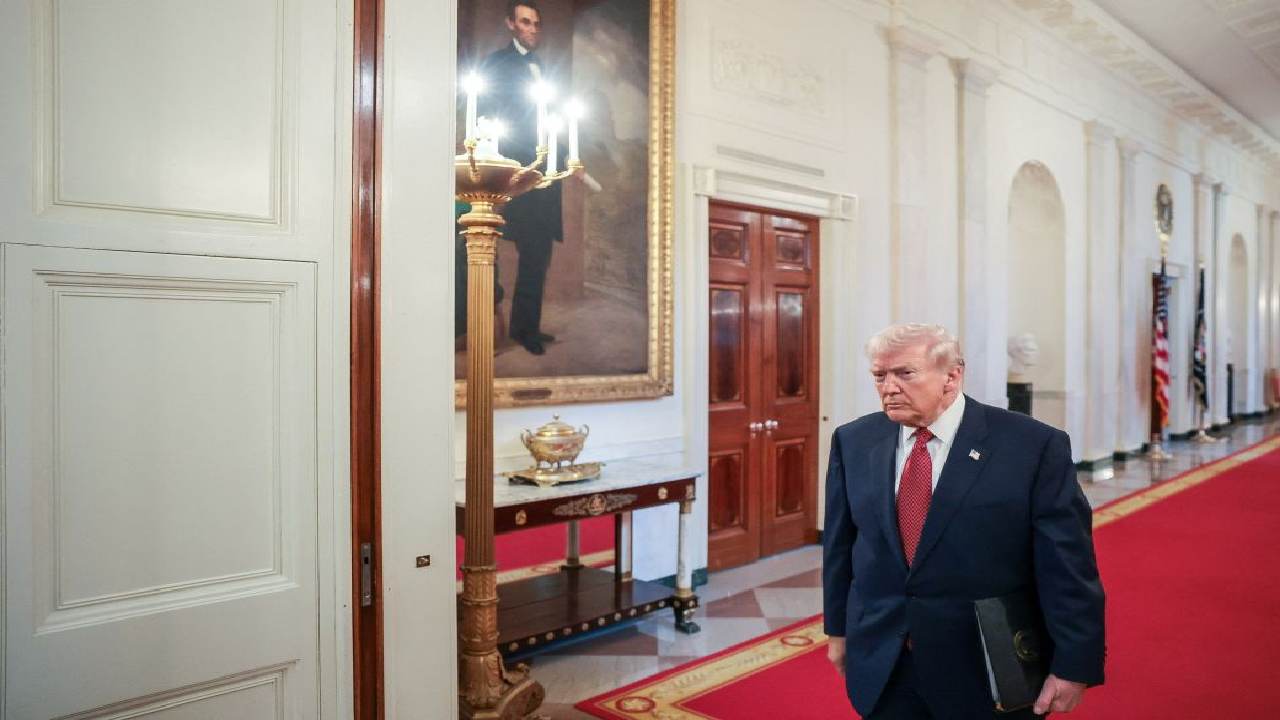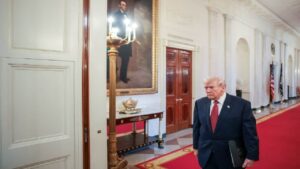Trump Threatens to Revoke TV Licenses Over Negative Coverage
Ohana Magazine – U.S. President Donald Trump escalated his criticism of the media by stating that he may revoke broadcasting licenses from television networks that air negative news about him. He insisted that several outlets constantly attack him, which he claims undermines their credibility as independent media.
Trump’s Proposal to the FCC
During a press briefing aboard Air Force One on Thursday (Sept 18), Trump called on the Federal Communications Commission (FCC) to consider revoking licenses of networks he believes act with bias. He directly pointed to FCC Chairman Brendan Carr, praising him as a patriot who “loves this country.” Trump suggested that Carr would take strong action, and he hinted at possible follow-up steps in the near future.
Trigger for the Controversy
The remarks came shortly after ABC Disney decided to pull Jimmy Kimmel Live! following backlash over comments made by host Jimmy Kimmel. He criticized conservative figure and Trump supporter Charlie Kirk, who was recently killed in a shooting. For Trump, this decision highlighted what he sees as a consistent pattern of late-night shows targeting him unfairly.
Criticism of Late-Night Shows
Trump argued that late-night television has become a tool for partisan attacks. He claimed that such programs no longer provide entertainment but instead promote the Democratic Party’s agenda. According to him, licensed broadcasters should not use their platforms for one-sided political attacks, especially against a sitting president.
Reactions to Trump’s Remarks
Trump’s comments immediately fueled a national debate. Supporters applauded his stance, saying the media has shown bias against him for years. Critics, however, argued that his threat endangers press freedom, a principle protected under the U.S. Constitution. Consequently, the discussion has intensified the already strained relationship between Trump and major media outlets.
Concerns About Press Freedom
Many analysts warned that if Trump acted on his words, it could create a dangerous precedent. They emphasized that revoking broadcast licenses based on unfavorable reporting would limit democratic space and compromise the role of the press in holding the government accountable. Nevertheless, Trump’s allies defended his position, claiming media fairness is at stake.
Outlook for the Future
The FCC has not issued any official response to Trump’s remarks. Still, his comments reveal the depth of conflict between his administration and mainstream broadcasters. Moving forward, whether this threat turns into concrete action or remains political rhetoric will significantly influence the broader debate on media freedom in the United States.













